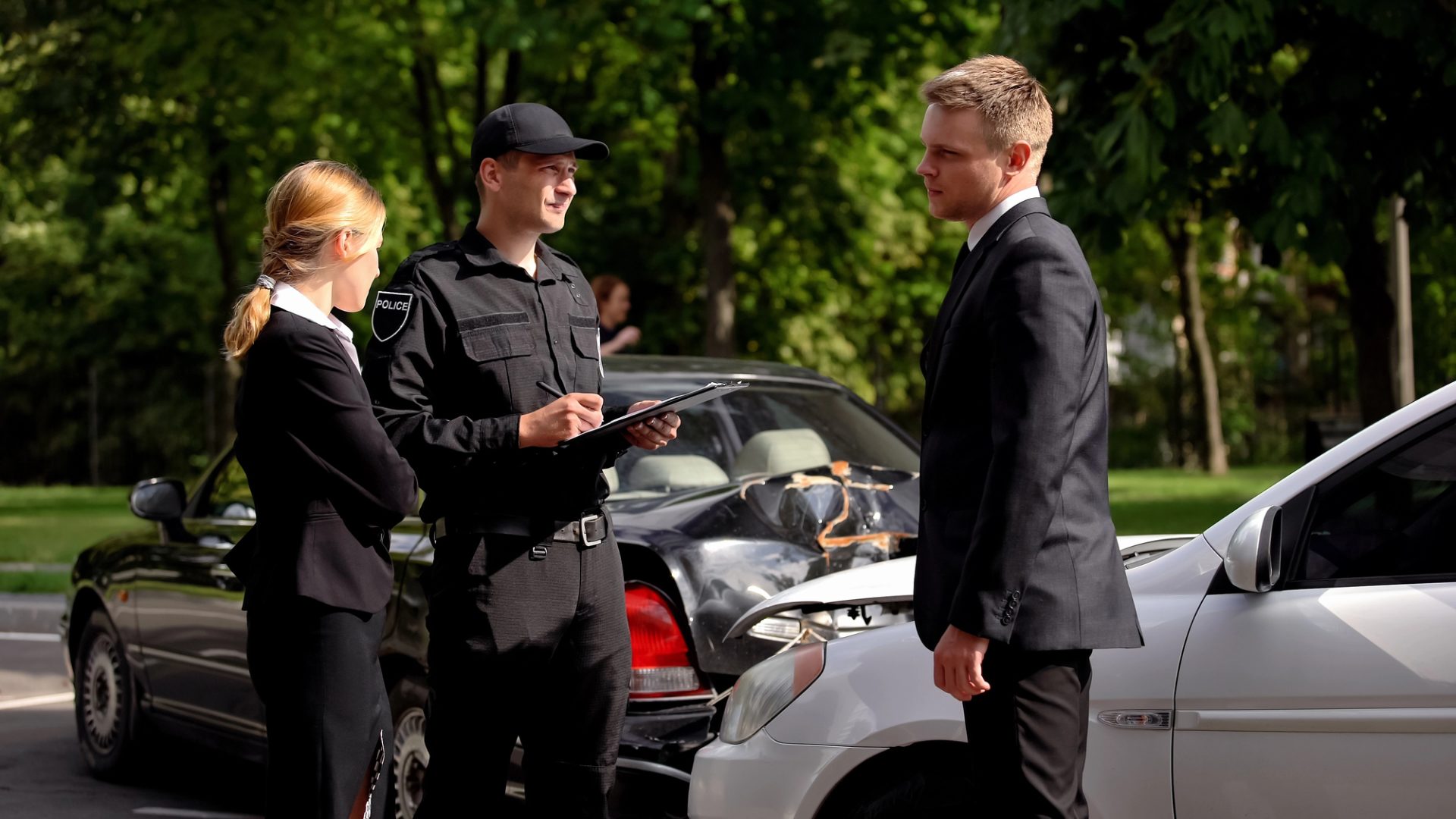Although typically associated with automobile accidents, police reports can play a crucial role in other types of personal injury claims, too, examples of which include assault/battery and dog bites. If you’re involved in any such incident, chances are the police will file a report. The benefits of police reports in personal injury cases are far-ranging, and your attorney can use it to your advantage when negotiating with an insurance company and in court. So, what is the legal significance of a police report in injury cases?
What Information Does a Police Report Provide?
A police report is an official written document prepared by a New York City Police Department (NYPD) officer or an officer from another law enforcement agency within the state (like county police or state troopers). It details the facts and circumstances of an incident they have been called to investigate or have witnessed within their jurisdiction. A typical police report includes:
- Identifying information. This includes the date, time, and specific location of the incident. It will also identify the responding police officer(s), their badge numbers, and the precinct or agency involved. The report will have a unique case number or file number.
- Parties involved. The report will identify all known individuals connected to the incident, such as complainants (victims), suspects (if any), and witnesses. This includes their names, addresses, contact information, and other identifying details.
- Narrative description of the incident. This is the central part of the report, providing a factual account of what occurred based on the officer’s observations and the statements gathered. It aims to be an objective summary of the events.
- Statements from individuals. The report may include summaries or quotes of statements given by the people involved and any witnesses at the scene.
- Evidence. The officer documents any collection of physical evidence (photographs, recovered property, forensic samples) in the report.
- Injuries and damages. This includes any reported injuries to individuals or damage to property, often with a brief description of the nature and extent.
- Actions taken by the police. The report will outline the actions taken by the officers, such as providing medical assistance, conducting interviews, collecting evidence, making arrests (if warranted), issuing summons, and referring individuals to other services.
- Preliminary classification of the incident. The police officer will assign a preliminary classification to the incident based on the initial information, such as motor vehicle accident, grand larceny, assault, or criminal mischief. This classification is subject to change as the investigation progresses.
- MV104-AN (police accident report). Specifically for motor vehicle accidents, the police file the Report of Motor Vehicle Accident form (MV-104AN). This report contains detailed information about the vehicles, drivers, passengers, witnesses, and the circumstances of the crash.
- Opinion of blame. In some cases, officers include their opinions surrounding who might be to blame for an accident.
A police report offers an impartial account of an accident, and it can serve as crucial evidence in personal injury claims. Whether at the negotiation table with an insurance company or in court, an accident report can provide the clarity needed to determine who is at fault and who to hold liable for the damages you suffer.
Do You Have to File an Accident Report?
If you’re involved in a serious automobile accident, the police will likely arrive on the scene to document the incident and provide assistance. They will also file the MV-104AN.
In case the police don’t arrive, the law requires you to file a motor vehicle accident report (MV-104) within 10 days of the incident if the damage to any individual’s property (including yourself) exceeds $1,000. Failing to file this report can lead to steep fines and suspension of your driver’s license.
If you’re a victim of violent crime and wish to file a personal injury claim, you should call the police and press charges as soon as possible. While you may receive a monetary award from the court as part of the criminal case, it might not be enough to cover your damages. In such a scenario, you can still file a claim in the civil court, where the police report would be helpful.
With other types of accidents, like workplace accidents and trip and fall accidents, the police might never make it to the scene, so there’s no question of a police report. However, if you do call the police, they may write an accident report to document the incident. While this might not be as comprehensive as a motor vehicle accident report, it can still help strengthen your case.
So, the answer to “Can I file a personal injury claim without a police report?” is that while you might be able to, having a copy of the same will, most likely, work in your favor.

How Do I Get a Copy of the Police Report?
If the police respond to the accident scene, the investigating officer might provide you with a police report number or information on how to obtain the full report later. Alternatively, you may request a copy of the report by visiting the local precinct or by sending a mail to the agency in question. Keep in mind that you might need to pay a fee.
When it comes to automobile accidents, the easiest way to request a copy of the accident report is to order it online and download it as a PDF file. This involves a $7.00 search fee and a $15.00 report fee per report. In addition, you may access the report you purchase only for seven calendar days, after which you need to buy it again. You may also order a copy of the report by mail.
How quickly after an accident you can access a report depends on who filed the report, the method used to file the report, and where the accident occurred. It may vary from at least 14 days to at least 60 days.
Is a Police Report Required for a Personal Injury Settlement?
While not all personal injury cases make use of police reports, having one that corroborates your version of how an event unfolded can work wonders when you’re negotiating with an insurance company or arguing with a team of lawyers. Besides, police reports are often required in serious accidents, cases of disputed liability, and hit-and-run cases.
The impact of police reports on personal injury claims can be significant, and the benefits come in different forms.
- A police report provides a factual foundation for your case by establishing key facts.
- It offers neutral observations from a trained professional.
- It can help establish negligence on the part of the opposing party.
- It can help prove the extent of injuries and damage.
Remember that insurance companies tend to rely on police reports when evaluating claims. By supporting your account, a police report can get an insurance company to reevaluate its initial offer, leading to a much higher settlement amount. In the absence of a police report, an insurance company might question the legitimacy of a claim or try to minimize its liability.
What If a Police Report Is Unavailable or Inaccurate?
In this scenario, you should ideally let your attorney do the work for you. If there are inaccuracies, your attorney will make a note of the discrepancies and file a formal request for amendment. The next step is to gather as much additional information as possible, which might come in the form of medical records, CCTV footage, and eyewitness testimonies.
In the absence of a police report, your attorney can still build a strong case by gathering all available evidence, interviewing eyewitnesses, and using the services of expert witnesses.
Conclusion
Now that you know how a police report can help your personal injury case, make sure you get a copy of your accident report as quickly as possible. If you plan to seek compensation for your damages, you should also consider getting in touch with a personal injury attorney. If you don’t have a copy of your report yet, your attorney can get it for you. Besides, your attorney will know the best way of using a police report in court as well as at the negotiation table.

